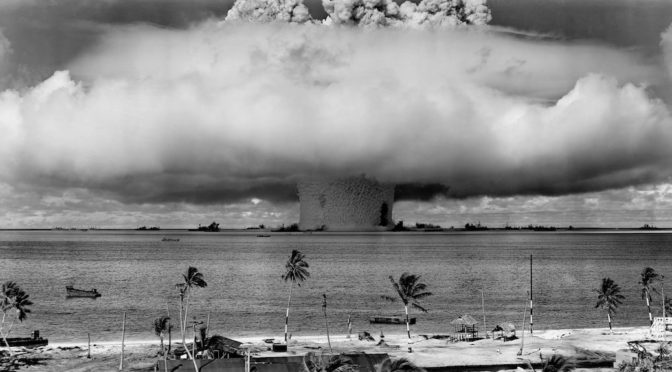How and why do states use cyber proxies to project power? Why do some states lean closer to these proxies than others, and what does this distance reveal about how a state views them? In this article, Syed Hamza Mannan answers these questions in a review of Tim Maurer’s book, Cyber Mercenaries: The State, Hackers,… Continue reading Projecting Power: How States Use Proxies in Cyberspace
Category: Issue Archive
Full Court Press: Preventing Foreign Adversaries from Exfiltrating National Security Technologies Through Bankruptcy Proceedings
While an important part of US innovation and culture, bankruptcy proceedings have nonetheless become a unique avenue through which foreign adversaries are able to acquire sensitive US national security technologies and intellectual property. Through a detailed analysis of the current gaps in federal regulations governing foreign investment and bankruptcy proceedings in the US, Camille Stewart… Continue reading Full Court Press: Preventing Foreign Adversaries from Exfiltrating National Security Technologies Through Bankruptcy Proceedings
Building a Universal Counter-Proliferation Regime: The Institutional Limits of United Nations Security Council Resolution 1540
The risk of Weapons of Mass Destruction materials falling into the hands of criminals continues to be a major security concern following 9/11. Efforts to curb the threat culminated in 2004 with U.N. Security Council Resolution 1540. Resolution 1540 created an international institution—the 1540 regime—that was intended to prevent WMD proliferation by closing legal gaps… Continue reading Building a Universal Counter-Proliferation Regime: The Institutional Limits of United Nations Security Council Resolution 1540



